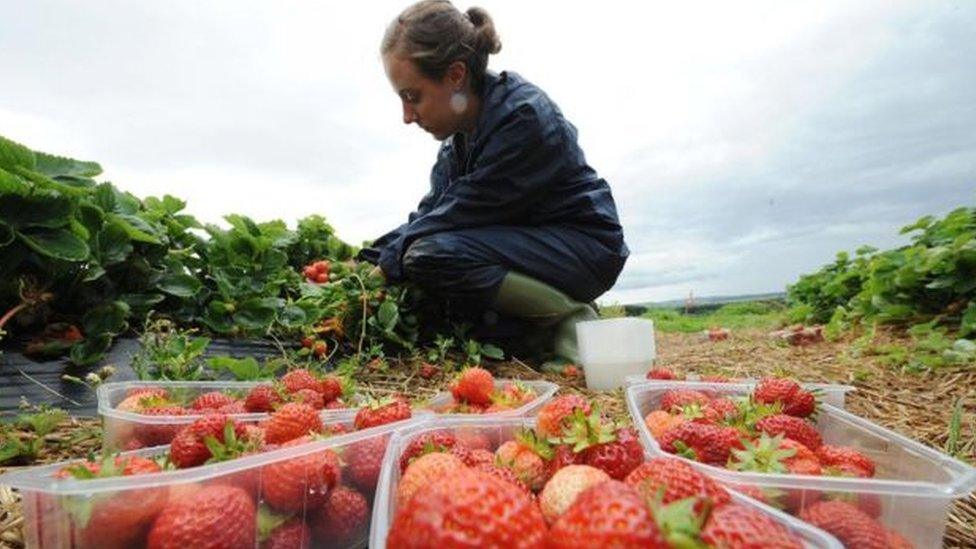Crisp and oil expansions bring security for farmer
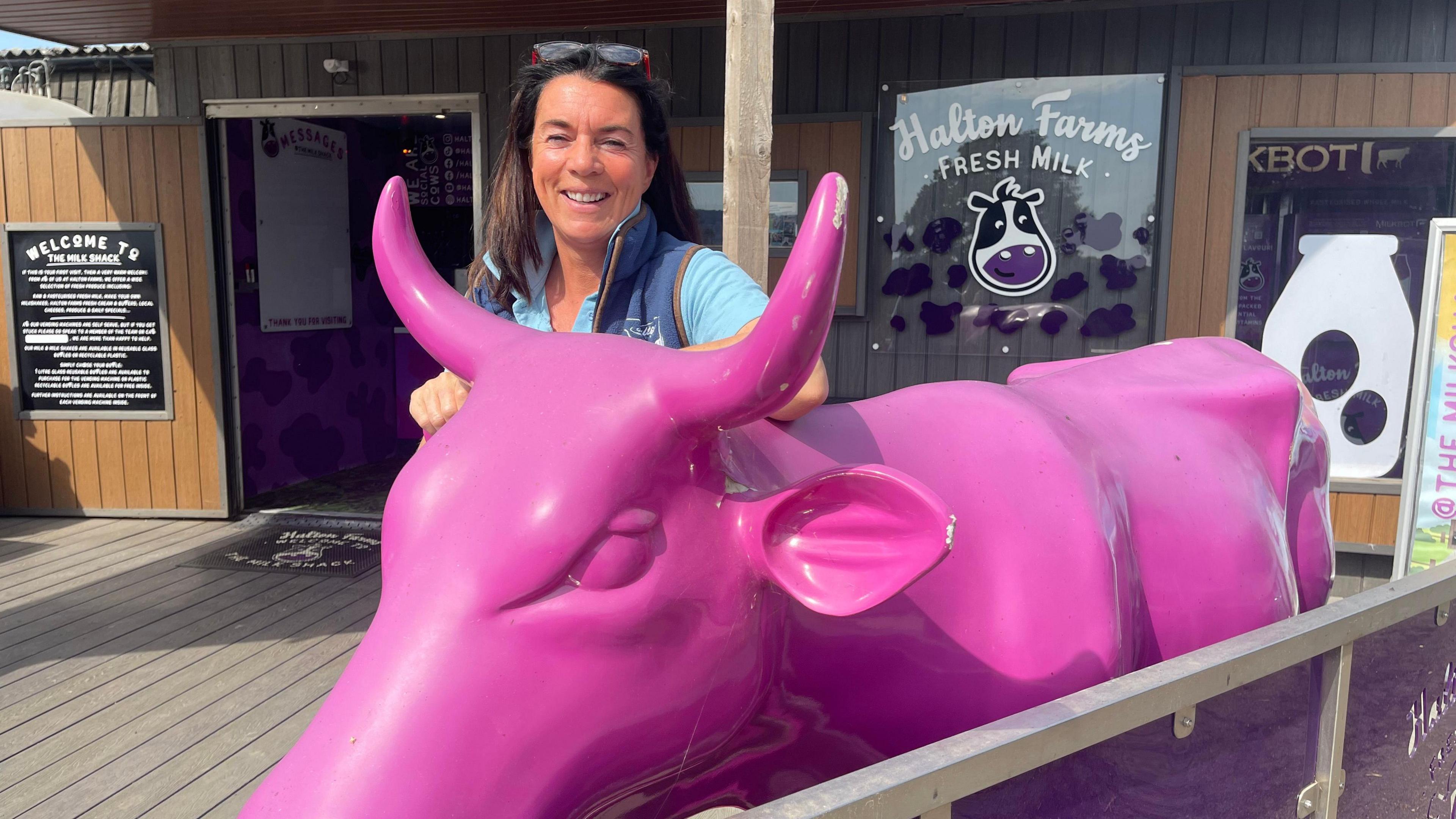
Caz Halton said they worked on their Congleton farm to try and show the public where milk came from
- Published
A farmer who has spent nearly 20 years expanding his work into other industries says diversifying has been key to keeping his business alive.
Wade Lane Farm in Rugeley, Staffordshire, was taken on by Anthony Froggatt's family in the 1920s and went from being a mixed farm to an arable one by the 1990s.
In 2005, he started producing his own rapeseed oil and then crisps and said he was now expanding the crisp company.
"Farmers have got a difficult business," Mr Froggatt said.
"The crisp business is not that easy either but at least we're adding value to a product that we can grow in the UK.
"I think going forward food security is going to be quite a big issue and I think people need to grasp that nettle."
Listen for more on BBC Sounds: Matt Weigold (pictured) talks to Anthony Froggart from Wade Lane Farm about how his business is expanding
Foundations have been laid for a new factory for the farm's "'Just Crisps" which he said he hoped would be built in the next two months.
But Mr Froggatt said he and fellow farmers faced a tough juggling act, balancing running a business with other issues such as looking after the environment.
He warned with more of a push to boost UK food production, consumers might have to be prepared for higher prices.
"People are going to have to pay more for their food but the quality of the food has got to be better and that is the one thing where we need to sharpen up a bit," he said.
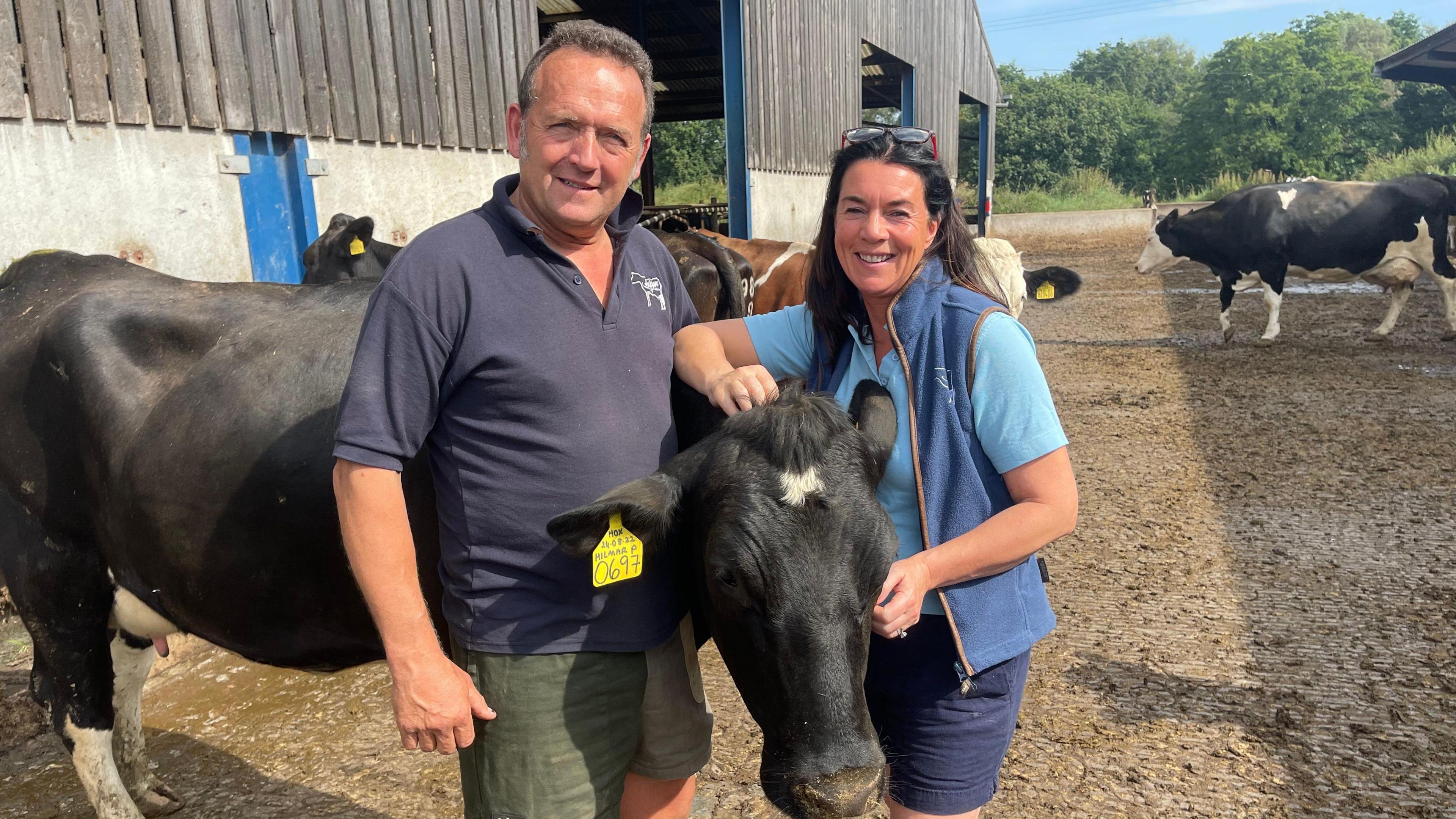
Tom and Caz Halton said they set up farm tours so people have a better understanding of the processes and challenges they faced
Elsewhere, in neighbouring Cheshire, Tom and Caz Halton, of Chance Hall Farm, near Congleton, said dairy farmers like them faced their own challenges.
In their case, Mr Halton said they had to run their farm while having the price they were paid for their milk decided by supermarkets.
“They decide how much they’re going to sell it for, the next person down gets so much and if there’s a bit left, the farmer should get it - it should start the other way around,” he said.
In 2016 the Haltons opened a section of the farm to the public so they could buy milk direct and be educated about its production.
”This one lady was on a farm tour and she said ‘can you tell me why milk’s so expensive?’“ Mrs Halton recalled.
“By the time we’d been around the farm she actually ran up and apologised.
“She said ‘I can’t believe milk is so cheap - you deserve more money.'”
Related topics
More like this story
- Published12 April 2024
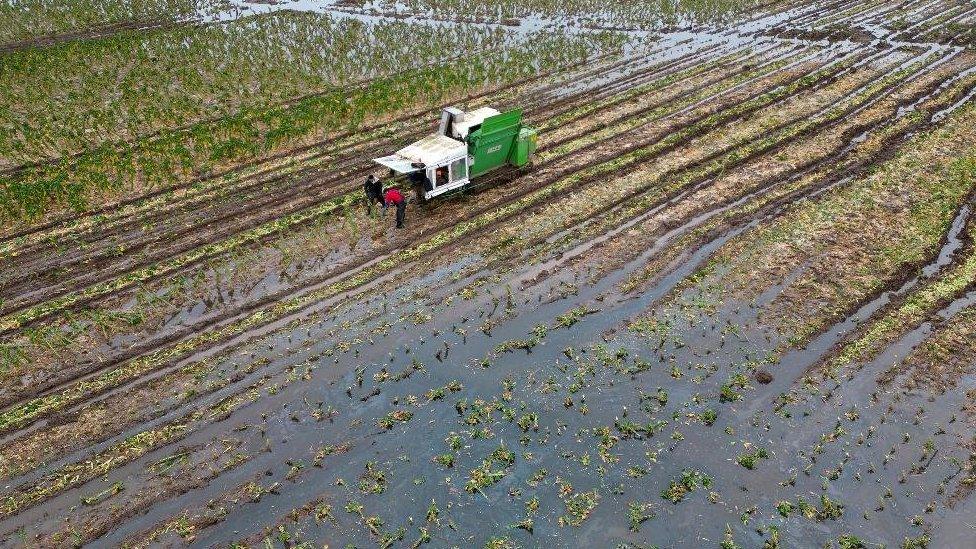
- Published25 March 2022
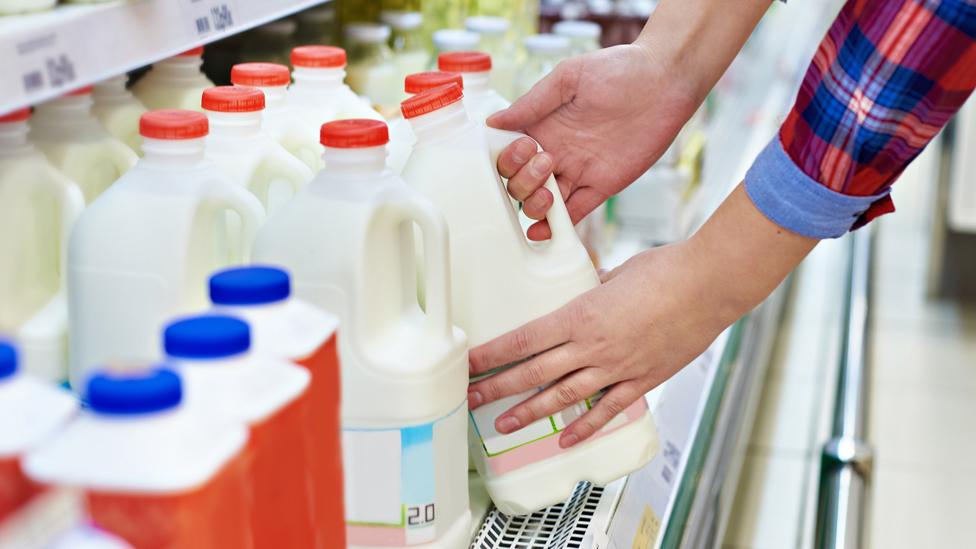
- Published14 May 2024
